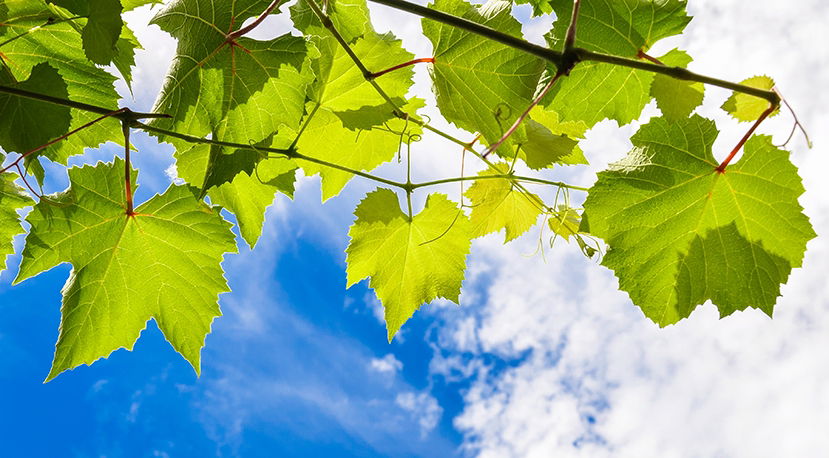BLOG
Researcher Sheds Light on True Role of Monks in Burgundy
Julien Camus Viticulture Insights
Bourgogne Aujourd’hui has published a fascinating supplement entitled “Monks and Wine – Myth and Reality.” Highly informative and well-illustrated, the issue profiles monks who have played an important role in Burgundy’s history as well as their special connection with notable vineyards including Chambertin-Clos-de-Bèze, Clos-de-Tart, Clos-de-Vougeot and Romanée-Saint-Vivant.
Researcher Marion Foucher of ARTéHis in Dijon, in a featured interview, confirms that monks were large vineyard owners, but she indicates that many aspects of their role are “a construct of the 20th century.” The depiction of monks in ritual black and white habits on postcards starting in the late 1800s is a “completely false image.” These monks, termed frères de choeur, were cloistered in the abbey; lay brothers in entirely different dress performed all manual labor.
Moreover, agricultural laborers retained by the abbey cultivated the vines as of the 14th century, not the monks themselves. Foucher says the idea that monks “tasted the soil” is a modern invention as is the notion that Clos-de-Vougeot was divided into sections yielding “wines of the Pope” or “wines of the King.” She points out that “we know little regarding their viticultural practices.” Cistercians never made a Clos-de-Vougeot as such; in truth, they combined the grapes from their entire domaine and produced le vin de Cîteaux.
The researcher also states that monks were accomplished merchants. Each abbey set up a cellier in nearby towns which served initially as inns to host visiting dignitaries and then were “very rapidly transformed” into commercial centers. Some locations such as Petit Clairvaux in Dijon were actual wineries oriented toward an urban clientele. Other salient points are that monks drank wine themselves up to the daily limit set by Saint-Benoît (one hémine, or an estimated 350 ml). The wines, which were “not very red,” [i.e., pale in color] were those of the last harvest, and “a wine three years of age was considered very old.”


